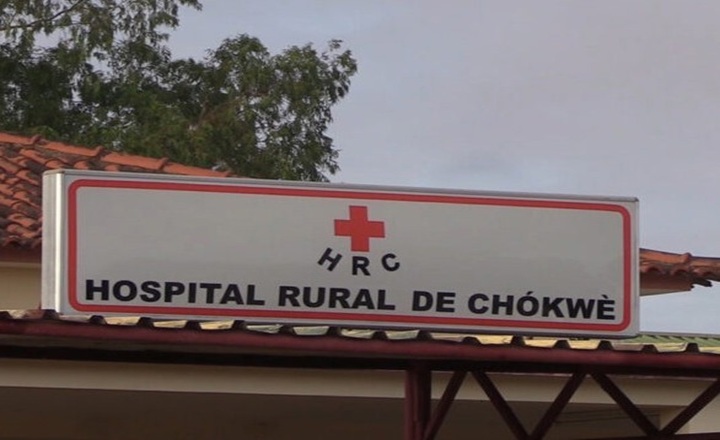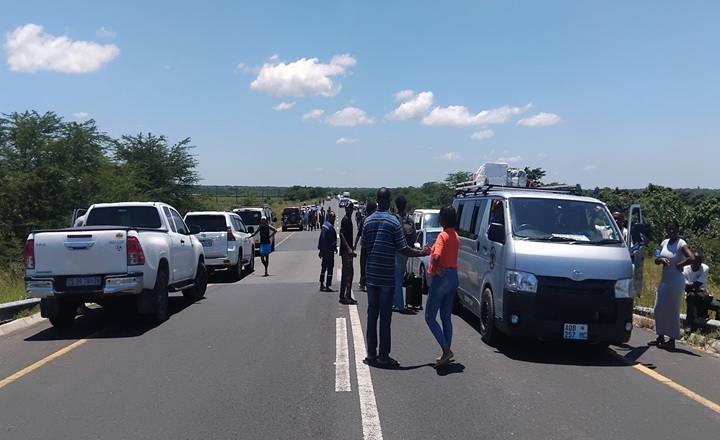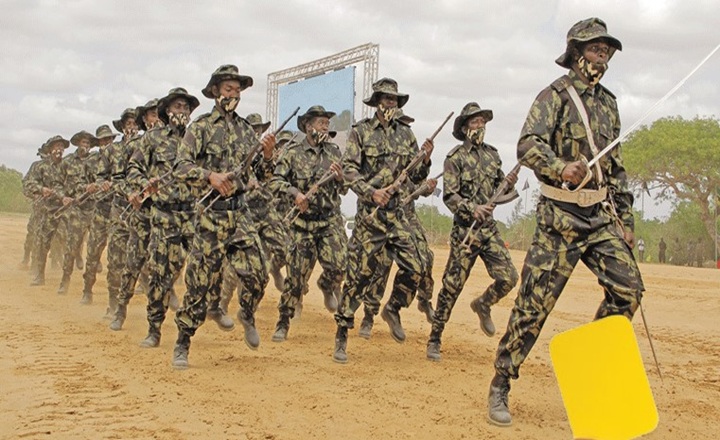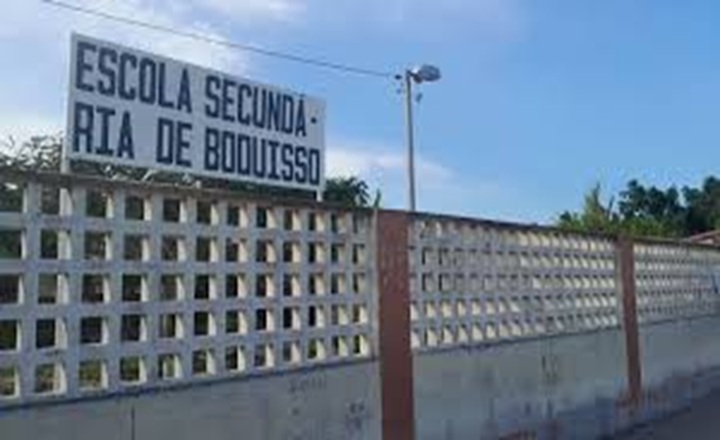
Yellow card to president Daniel Chapo: the torch does not illuminate hunger

The new President of the Republic, Daniel Chapo, has barely warmed up in the seat of power and is already waving to the people with the same worn-out symbols that are disconnected from reality. This time, the coup d'état costs around 30 million meticais to circulate a torch whose flame is said to symbolize national unity. And as if the torch, when it reaches its destination or wherever it passes, people would unite and forget social divisions, hunger becomes a problem of the past, jobs begin to be created and the electoral lie, as well as the inherent killings, are relegated to the grave of oblivion, giving way to fraternal kisses and hugs symbolizing a new people. Above all, we need to realize that what is really on fire is deeper, it is the patience of a people martyred by misfortune, who refuse to watch in disbelief, as was customary, the parade of a symbol that does nothing to unite and only symbolizes the wastefulness and lack of a sense of priority that is a fossilized characteristic of this regime.
The gesture, which at first glance seems patriotic, hides a profound crisis of legitimacy. In a country where wages are late, hunger is spreading like wildfire and social services are in anguish, it is immoral to spend millions on symbolic pyrotechnics. The torch, far from warming hearts, burns the dignity of millions who survive on less than 100 meticais a day.
How can we talk about “national unity” without facing head-on the causes of structural disunity? The torch tries to sell the idea of a cohesive country, but the people live increasingly fragmented between the few who have everything and the many who expect nothing. Is it possible to unite what has never been truly reconciled?
President Chapo is missing a historic opportunity to inaugurate a new political cycle anchored in concrete measures. The true goal of national unity is not ignited by symbolic fire, but by practical actions, ranging from institutional reform, especially those linked to electoral administration, to creating an environment where political uncertainty is accepted and protected as a vital part of the democratic game. Unity does not flourish where the victory of one party is chronically certain and where the ballot boxes are already violated.
Social peace and national cohesion are only possible when the State distances itself from arrogant partisanship and draws closer to its citizens. The rejection of electoral truth, as seen in the last local elections and general elections, is a toxic fuel that feeds distrust and intensifies tensions. And when repression becomes a response to criticism, death squads, targeted killings and forced silences emerge. Every bullet fired at a critical voice corrodes not only the flesh of the opponent, but the very foundations of the Republic.
To those who defend the flame as a tradition, the answer is simple: a tradition that does not adapt to the present becomes a farce. What the country needs is not more empty rituals, but courageous leadership to face the structural problems that divide us, from poverty, exclusion, impunity to the arrogance of power.
Chapo can still rewrite his beginnings. But to do so, he needs to put down the torch and pick up the scalpel, cut the excesses of his own government, cure the State of the disease of arrogance and give clear signs that the time for theatrics is over.
The most shameful thing about this is to back away from this empty idea and see the same torch being carried by soldiers and in vehicles, which clearly shows the vision of unity that lies in the regime's hostilities, the ideological vacuum that remains and that characterizes this government. What is the fear that the torch will not circulate from hand to hand from Rovuma to Maputo, as has been the custom? Is there a tacit recognition by the regime that its popularity has been severely eroded to the point that this torch will be extinguished by popular fury? Now, in the celebration of the 50th anniversary of independence, an event that is being planned with pomp and circumstance, as the regime has accustomed us to, even in the midst of serious social problems, a question arises: who will participate in them?
Outras noticias

Society
19-year-old woman arrested for kidnapping newborns at Chókwe Rural Hospital
2026-01-08

Society
Tension in Salamanga: Conflict between the Community and Rangers of the Maputo Reserve
2026-01-08

policy
YELLOW CARD NO. 1 OF THE YEAR: BETWEEN PROMISES, POPULISM AND THE URGENCY OF NATIONAL PRIORITIES
2026-01-08

policy
YELLOW CARD FOR THE FIRST PRESIDENTIAL REPORT: NARRATIVE ARROGANCE, SYSTEMIC CONTINUITY, AND THE WASTE OF A FIRST YEAR OF HOPE
2025-12-25

Society
Intaka-Boquisso road floods after inauguration, leaving residents outraged
2025-12-25
Copyright Jornal Preto e Branco All rights reserved . 2025